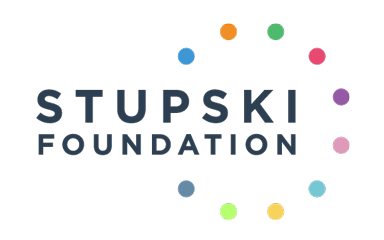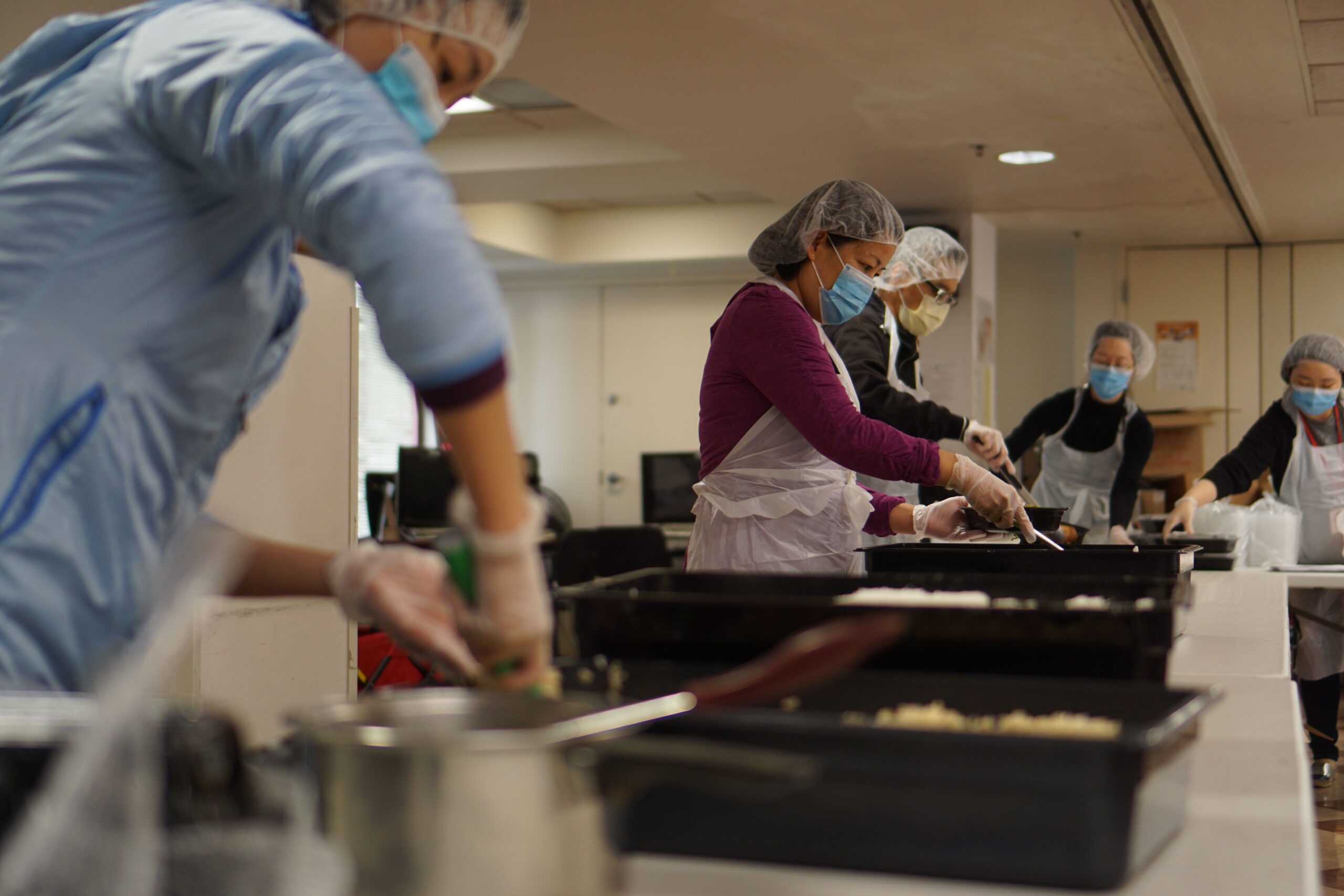Calls for racial justice: Lessons learned in discussion with CBO leaders across three communities in the Bay Area and Hawaiʻi
June 16, 2020
As Fred Blackwell poignantly said, “We are currently dealing with two viruses in this country, COVID-19 and RACISM-20. One kills the body, and the other kills the spirit. We must not let either win.”
Leaders in the Bay Area and Hawai‘i, like the rest of the country, are trying to support their communities to fight these two viruses—the impacts of which are showing up in every issue area Stupski works in, including food security. Last month, Stupski hosted a food security virtual town hall to bring together leaders from community-based organizations (CBOs) across three communities and the creators of Streetwyze, a powerful new community tool that collects real-time stories about how people are experiencing their neighborhoods. The takeaways from their discussion about the ways they’re responding to these challenges resonate deeply today.
Panelists were:
- Antwi Akom, Ph.D. and Aekta Shah, Ph.D., Streetwyze
- Chris Iglesias, The Unity Council
- Malcolm Young, Chinatown Community Development Center
- Sharon Ka’iulani Odom, Kōkua Kalihi Valley
Below are key takeaways from the town hall, which highlight the power and resources that CBOs bring to the table in times of crisis and beyond.
COVID-19 compounded existing challenges in communities of color and low-income communities.
“Over time, structural racism in East Oakland has created disparities in almost every outcome in terms of jobs, education, access to healthy food,” said Iglesias of The Unity Council. He and the other panelists explained that Black, Latino, and Asian American Pacific Islander communities across the Bay Area and Hawai‘i are still reeling from the great recession in 2007—when housing prices skyrocketed and employment rates declined. The coronavirus pandemic has only exacerbated these challenges and shined a light on the disproportionate impact health and economic crises have on communities of color.
Many indigenous communities also carry the generational trauma of past pandemic events. “We have experienced pandemics before,” shared Ka’iulani Odom from Kōkua Kalihi Valley (KKV). “Native Hawaiʻians didn’t have immunity to diseases that were brought from the outside. We have remembrance of this history in our DNA, and that trauma can be carried through generations. We have to address this fear in our community when dealing with COVID-19 issues that have reached our shores,” she said.
These realities make the work of local CBOs even more critical. Effective CBOs have deep ties to and understanding of the communities they serve, and they work tirelessly—pandemic or not—to meet these needs and to transform racist and oppressive systems that limit opportunities for communities of color to thrive.
CBOs can move quickly and effectively because they know the community.
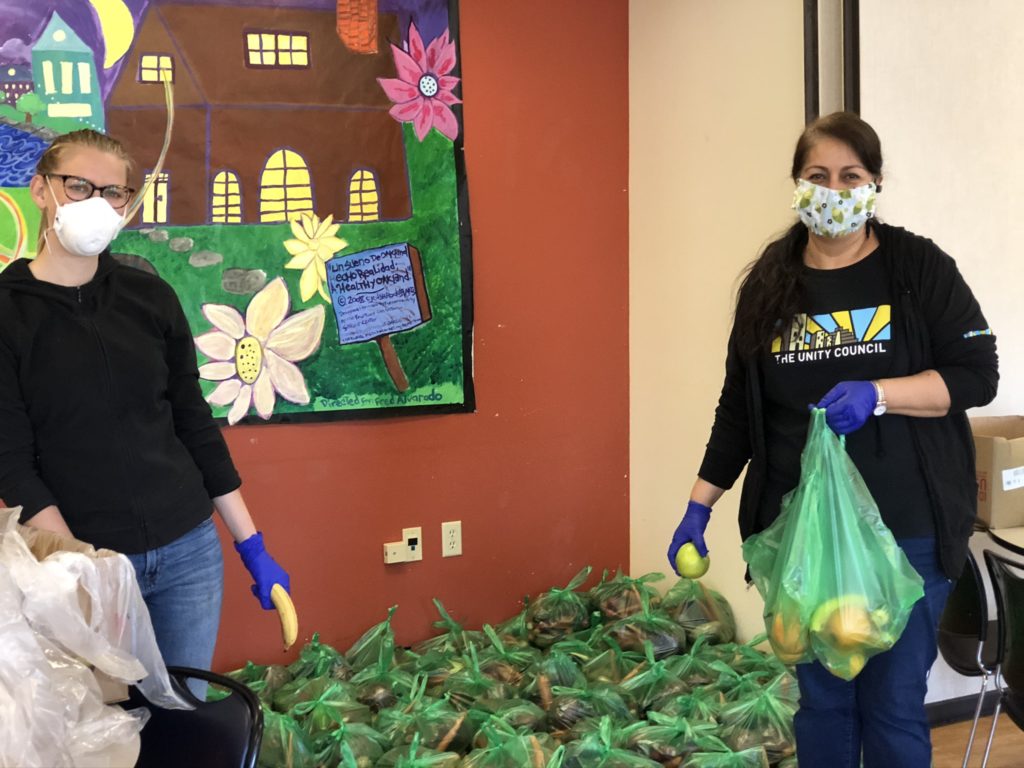
Because of their deep ties in the community and strong cultural competency, our CBO partners in the Bay Area and Hawai‘i were able to move quickly when the pandemic hit. The Unity Council and KKV shifted their existing food security work to meet evolving needs. With decades of experience serving meals every day to community members in Fruitvale, The Unity Council pivoted as soon as COVID-19 struck to focus on food distribution, food stipends, and supporting local restaurants. The organization partnered with the Alameda County Community Food Bank to increase the number of meals it provides—now serving thousands of meals a week. The Unity Council also distributed over 5,300 bags of groceries and $190,000 in food security mini-grants—$200 grants that individuals can use to buy food at local grocery stores.
For KKV, it immediately responded to the crisis by making 750 calls to current clients to ask what they needed. Odom noted that 90% of residents wanted to talk about food. Based on what the organization learned, KKV created care packages, conducted protection equipment training, and developed print and digital health education materials. It also partnered with local farmers and partner organizations to bring in cultural foods on a weekly basis to their community—providing over 800 meals and 150 produce bags every week. Odom emphasized the importance of learning from this experience. “Hawai‘i is over 80% reliant on food coming in from the outside. Hopefully, we can all learn from this and sit back and think about what is important as we transform the food system here in Hawai‘i.”
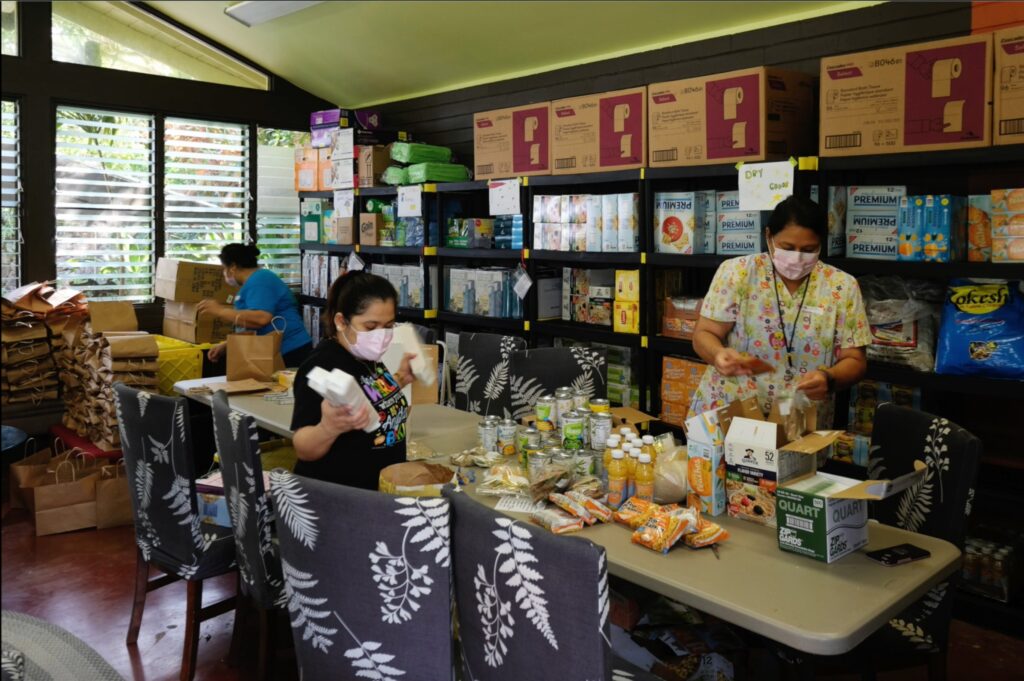
Even CBOs that previously didn’t work in food security recognized that food was a top priority for their communities during the pandemic and shifted their programs to meet the moment. Chinatown Community Development Center (CCDC) is a great example. Although CCDC had never provided meals before the crisis, it knew it could leverage its strong connections to restaurant owners and residents to ensure its clients didn’t go hungry. CCDC quickly evaluated the needs of its community and developed Feed + Fuel Chinatown—a program that provides up to 1,600 meals a day to residents in single room occupancy units and public housing through partnerships with Self Help for the Elderly, World Central Kitchen, and SF New Deal. This program’s benefits are twofold: It provides culturally relevant food to SRO residents to minimize their need to cook in crowded communal kitchens, and it supports local restaurants that are key to promoting food security and employment long term in Chinatown.
These responses are powerful examples of how local knowledge and relationships can create effective food security solutions. “Communities are incredibly innovative, and we should be listening to them to shape our response to this crisis,” said Shah, one of the co-founders of the mobile app, Streetwyze. Streetwyze, a Black and women of color-owned company, is at the forefront of food security, tech equity, and racial justice movements. Recognizing the importance of community-driven, community-led, community-owned solutions, Akom and Shah developed the Streetwyze app to collect real-time information about how people are experiencing their neighborhoods, an effort that is especially needed in response to the disproportionate way that COVID-19 is killing Black, Brown, Indigenous, and immigrant communities. In light of the recent murders of Breonna Taylor, George Floyd, and Ahmaud Arbery and the current protests against police brutality—Streetwyze’s work to improve the accuracy of publically available data on what is really happening at the street level is critically important. As a call to action, Streetwyze launched a COVID-19 Response version of the app that enables CBOs and community members to share what is really going on with COVID-19—as well as with other forms of resistance, agency, and political action happening across neighborhoods.
Local funders need to provide flexible funding to promote recovery.
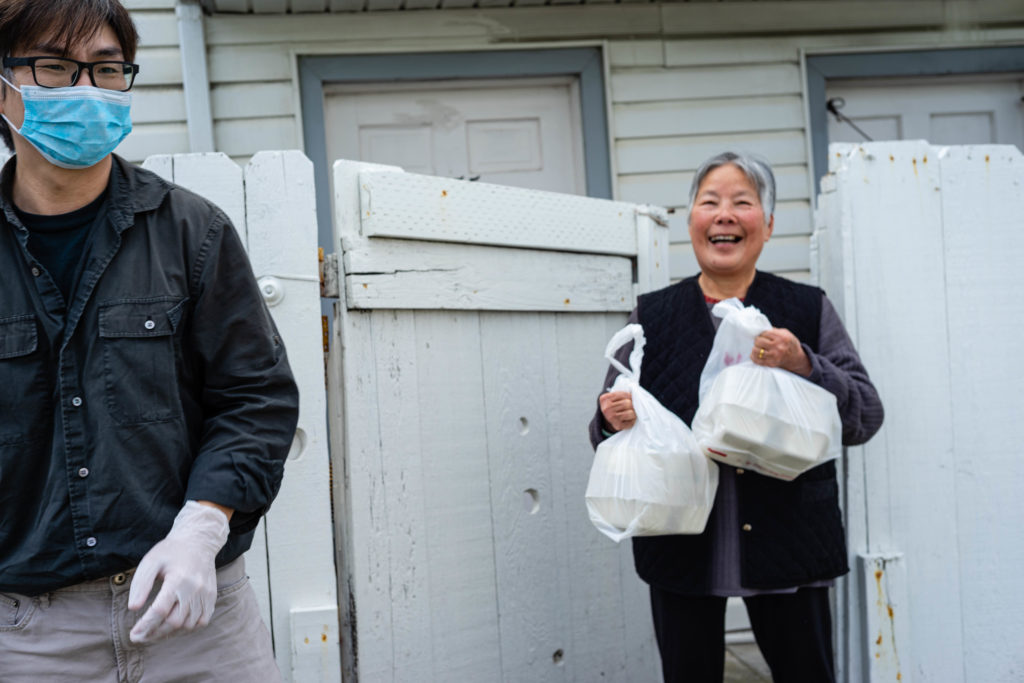
During the town hall, our CBO partners all shared anxiety about the future and highlighted the importance of private funding to ensure equitable recovery efforts. “With COVID-19, we are seeing huge needs for the basics, like food, health, and housing skyrocket,” explained Iglesias. “Many of our clients don’t qualify for any type of federal assistance, so we have to be creative to meet their needs. That’s where philanthropy comes in.”
Yeung of CCDC agreed. “The fact that we were funded by private foundations allowed us to move quickly,” he explained. “Adapting our work to a lot of federal funding is really hard. Restaurants don’t qualify and many of the individuals we serve don’t either.” With so much increased need, CBOs are concerned about what “recovery” will look like and whether it will include the communities that they serve. History suggests that it won’t if we don’t provide flexible funding and center recovery efforts on communities most impacted by the pandemic—people of color and low-income communities.
Stupski recently announced the next phase of our commitment to promoting food security in the communities we call home. Our neighborhood strategy will elevate communities as active decision-makers in addressing challenges to food security by investing in CBOs who serve them. We’re eager to partner with CBOs like our panelists because they know how to deploy resources quickly to the people in our communities who need them. Especially in the context of COVID-19 and RACISM-20, large-scale approaches to food security—while important—often miss community-specific realities and needs, such as limited communal kitchens in many SROs and culturally relevant foods, multilingual materials, and leadership from members of the communities most familiar with the food security needs in their neighborhoods.
We hope other foundations will hear this call and act now to provide flexible funding to CBOs, particularly CBOs led by people of color from the communities where they give, so they can meet their communities’ urgent needs today and sustain these efforts throughout recovery.
Visit our food security page to learn more about our grantmaking and join our food security listserv to stay up to date on our latest news.
